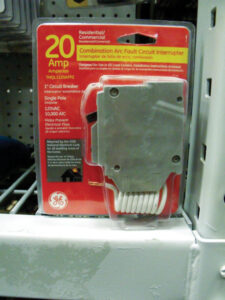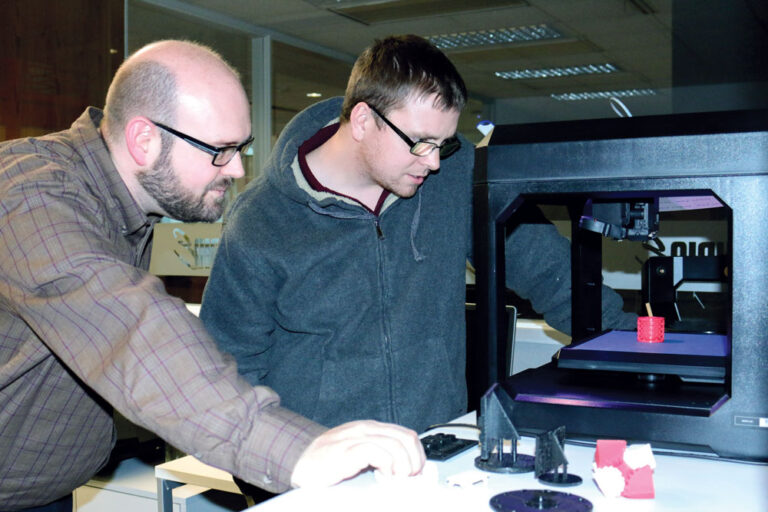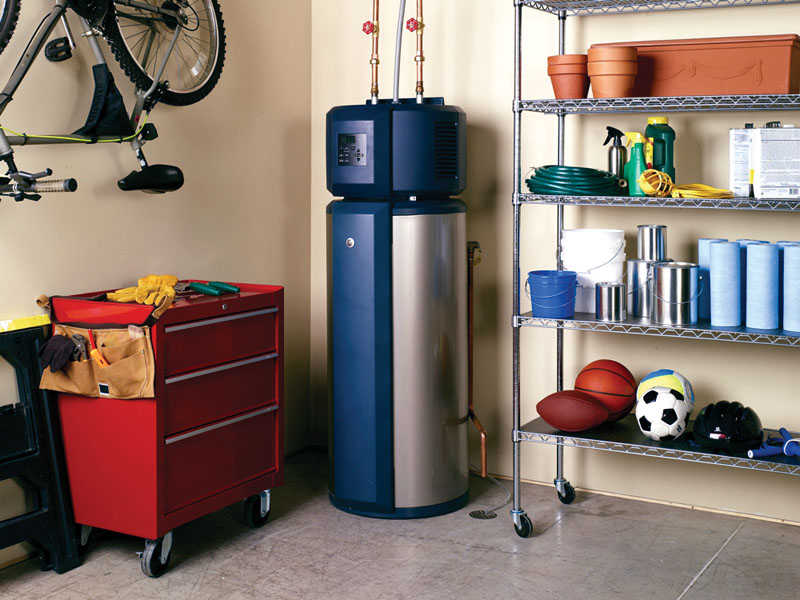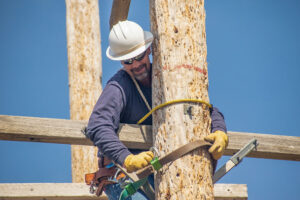 We use electricity in our homes throughout the day, but we rarely thinking about how it gets to the wall outlets or switches. Distribution lines bring electricity to homes and most commonly connect to a house through a service drop. The electricity goes through the meter box to the service panel, which is typically found in a basement or garage. The service panel, often called a breaker box, is where breakers and fuses protect the wires inside your house from electrical overload.
We use electricity in our homes throughout the day, but we rarely thinking about how it gets to the wall outlets or switches. Distribution lines bring electricity to homes and most commonly connect to a house through a service drop. The electricity goes through the meter box to the service panel, which is typically found in a basement or garage. The service panel, often called a breaker box, is where breakers and fuses protect the wires inside your house from electrical overload.
With so much electricity funneling out of the breaker box through the rest of the home to your outlets and switches, it is important to not only know how to use a breaker box, but also how to do so safely.
In a recent study, the National Fire Protection Association estimated that between 2007 and 2011, 1,350 home fires involved the circuit breaker panel, causing 18 deaths. Many of these fires could have been prevented with the installation of arc fault circuit interrupters (AFCI). AFCIs are installed directly in the breaker box and are designed to protect against fires caused by arcing faults in home electrical wiring. AFCIs detect arcing in the electrical system and switch the electricity off.
“Unwanted arcing can create high temperatures that can ignite walls and nearby combustible materials—such as wood and carpets,” explains electrical inspector Mike Ashenfelter, member of the Safe Electricity Advisory Board. “If you are interested in making your home safer by installing AFCIs, contact a qualified electrician to do so.”
Arcing faults can be triggered by overloaded circuits, damaged wires, cracked wire insulation, loose/improper connections, faulty electrical equipment, and overheated electrical wires.
An AFCI monitors current flow and can distinguish between normal, working arcs and unwanted, dangerous arcs. When an unwanted arcing condition is detected, it shuts down the circuit. It is important to note that AFCIs do not provide protection against all of the possible circuit faults that can cause fires, but they are a significant step forward in electrical fire safety.
If an appliance is malfunctioning, there is another electrical malfunction in your home, or if the circuit breaker flipped during a power outage, it may be necessary to cut off or switch on the power at the breaker box.
If you must flip a switch at the breaker box, always remember to step away and look away. You want to protect your eyes and body just in case an arc should occur.

Never attempt to turn off power at the breaker box if you must stand in water to do so. If you touch the breaker box while standing in water, it could cause electric shock or death. If you cannot reach your breaker box safety, call your electric cooperative to shut off power at the meter.
Be sure to call a qualified electrician or your landlord if blowing fuses or tripping circuit breakers are a recurring problem. This means there is something wrong with your electrical system and it needs to be checked.
For more information on safety around electricity, visit SafeElectricity.org.









